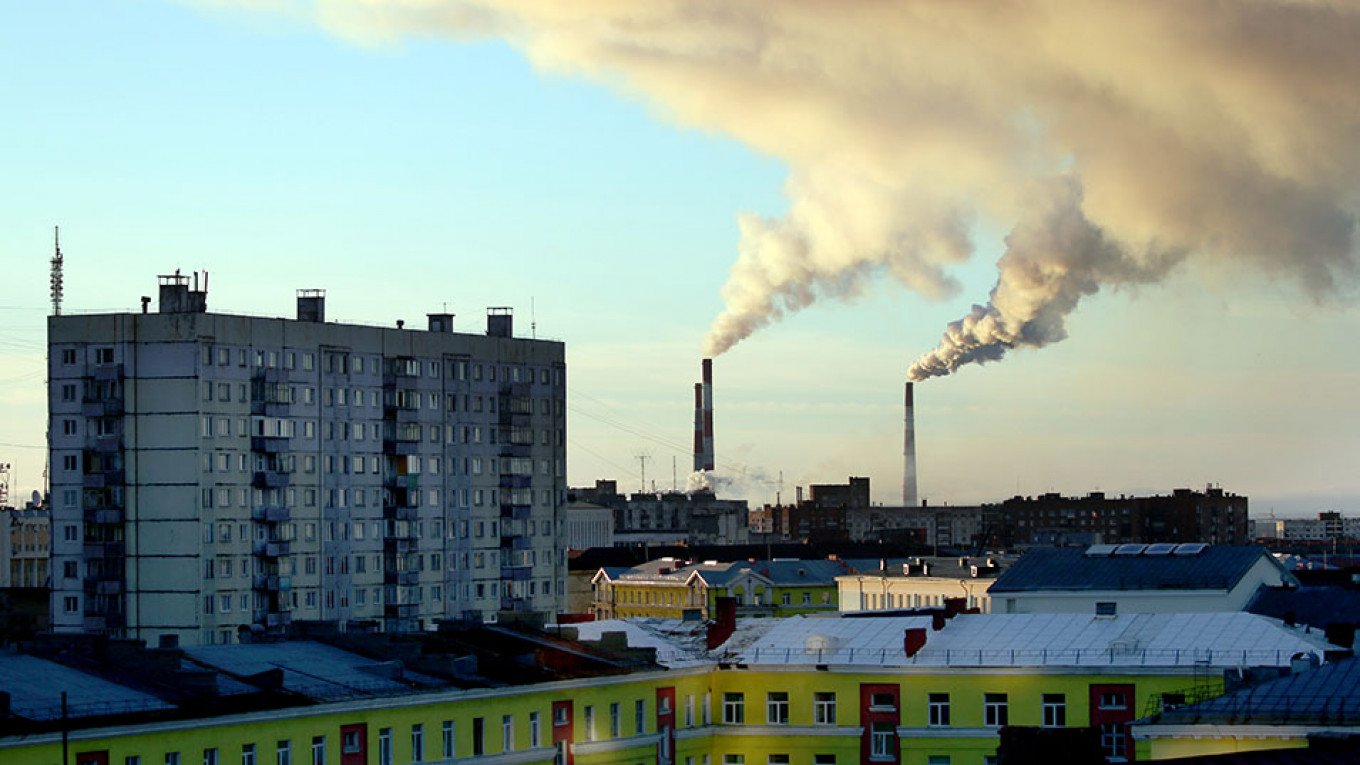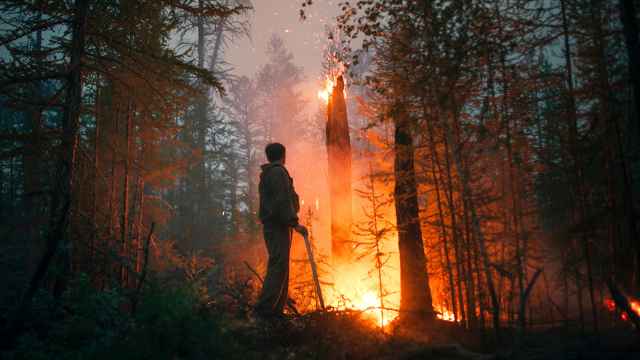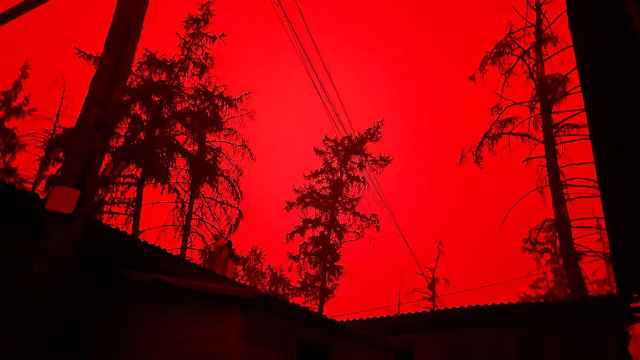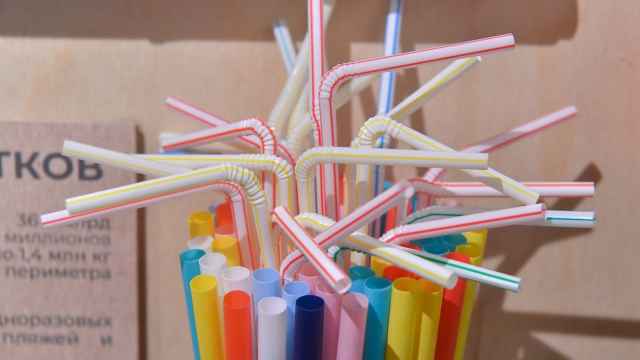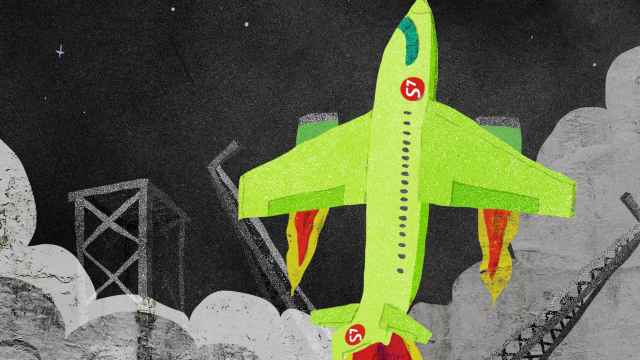Russia's Norilsk smelter complex and a town in South Africa's eastern coal mining province have the highest sulfur dioxide (SO2) emissions in the world, according to satellite data from U.S. space agency NASA.
The NASA-compiled data published on Monday was commissioned by environmental group Greenpeace India and used the space authority's satellites to track anthropogenic sulfur dioxide emission hot spots around the world.
Scientists say that excessive exposure to SO2 particles causes long-term respiratory difficulties and stunted growth in infants among other problems.
Norilsk, 300 kilometers inside the Arctic Circle, has the largest individual SO2 emissions, followed by the South African town of Kriel, about 150 kilometers east of Johannesburg, Monday's report found.
The industrial city of Norilsk is home to Norilsk Nickel, the world's leading nickel and palladium producer.
The company is implementing a massive program to improve the ecology of the city and its surroundings.
The first stage of the program is complete. After the closure of an old nickel plant and reconstruction of nearby plants, emissions in the city's residential area fell by 30%, Nornickel said on Monday.
The second phase will involve a $2.5 billion sulfur project to help to reduce sulfur dioxide emissions in and around Norilsk by 75% from 2015 levels by 2023.
Under snow for up to nine months of the year and in darkness for more than a month in winter, Norilsk has acquired a reputation as one of the most polluted settlements in the world because of its metals plants. Prisoners from Joseph Stalin's labor camps built the first smelters there 80 years ago.
A Message from The Moscow Times:
Dear readers,
We are facing unprecedented challenges. Russia's Prosecutor General's Office has designated The Moscow Times as an "undesirable" organization, criminalizing our work and putting our staff at risk of prosecution. This follows our earlier unjust labeling as a "foreign agent."
These actions are direct attempts to silence independent journalism in Russia. The authorities claim our work "discredits the decisions of the Russian leadership." We see things differently: we strive to provide accurate, unbiased reporting on Russia.
We, the journalists of The Moscow Times, refuse to be silenced. But to continue our work, we need your help.
Your support, no matter how small, makes a world of difference. If you can, please support us monthly starting from just $2. It's quick to set up, and every contribution makes a significant impact.
By supporting The Moscow Times, you're defending open, independent journalism in the face of repression. Thank you for standing with us.
Remind me later.


